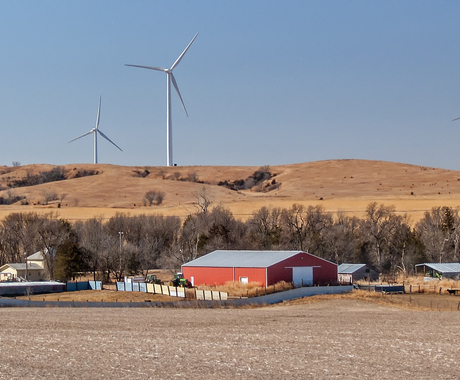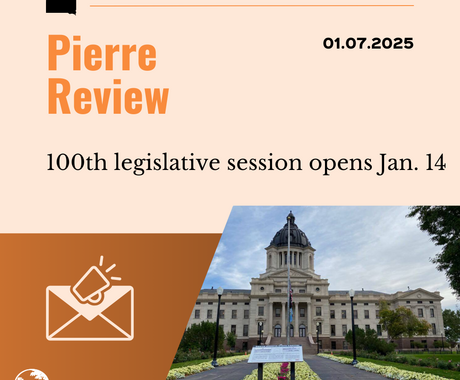By Amanda Christenson, a registered nurse at a primary health care clinic in rural Nebraska
Reprinted from the Norfolk Daily News, Sept. 23, 2016. Find out more about Nebraska's health insurance gap.
In my work, l meet people who are unable to obtain health insurance on a regular basis. Due to lack of coverage, needed health care services are routinely delayed or denied in ways that significantly impact patient outcomes.
Such gaps in care are not only a threat to quality of life for thousands of individual Nebraskans, but also prevent our healthcare system from improving, and hurt our state’s economy.
Since the federal Affordable Care Act was enacted in 2010, 32 states have moved to expand Medicaid and increase health care coverage for their most at-risk citizens.
Not everyone agrees on all parts of the Affordable Care Act, but it is the first step our nation has taken to improve our defective healthcare system. In order to continue progress and improve the well-being of all Nebraskans, we must move forward together by expanding Medicaid.
The fact that nearly 90,000 working Nebraskans remain uninsured is simply unacceptable. If we truly believe that we live in a society of equal opportunity, we will view access to healthcare as a basic human right. Nebraskans living at or near poverty levels, dedicate nearly 8 percent more of their total income towards health care expenses compared to those living at higher income levels.
Medical costs are a leading cause of bankruptcy, and recent studies have shown that an expansion of Medicaid coverage results in a substantial reduction of bankruptcies.
An all too common argument against Medicaid expansion is that it will be a disincentive for workers to obtain higher paying jobs.
However, what health care workers see firsthand is that the stress and burden of complex and chronic health problems, which are in fact much greater barriers to alleviating poverty.
At a recent town hall meeting in Norfolk, Gov. Pete Ricketts made clear that the expansion remains a low priority for his administration. He argued that a large portion of our state’s budget is already assigned to Medicaid, and he claimed that the states who have opted to expand do not have sustainable economic plans for Medicaid in the future.
Proof of positive economic impacts in our neighboring states like Iowa says otherwise Expansion states have already seen a 16 percent decline in uncompensated care, which is care provided out of necessity that patients are unable to pay for. The high costs of uncompensated care has historically been shifted to insured patients and have contributed to higher insurance premiums.
However, expansion states now have 8-10 percent lower insurance premiums than non-expansion states. Additionally, affordable access to preventative care services is proven to decrease overall medical expenses and improve quality of health outcomes for everyone.
An investment in the well-being of citizens is an investment in the human capital that Nebraska so desperately needs for the future. It is time for our state to take action on this important issue that directly impacts the lives of Nebraskans.





